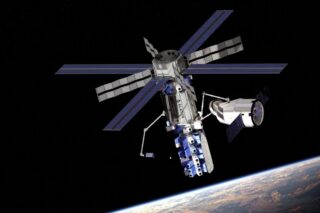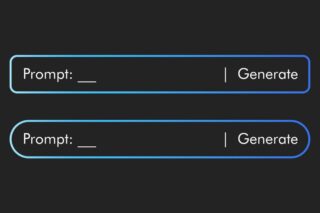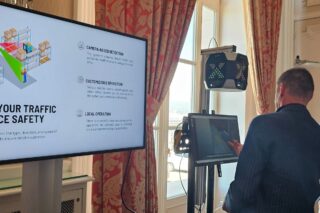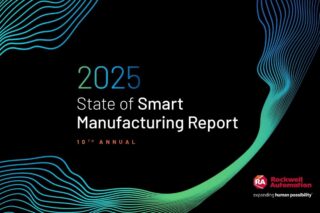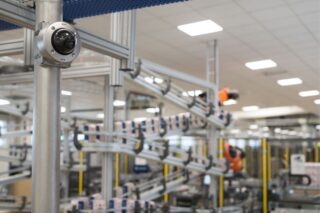Today all industry players are taking an interest in artificial intelligence. And automation industry leaders like Rockwell Automation are no exception. The company recently announced they would be investing in the Hive, a Silicon Valley incubator focused on AI applications for industrial automation. DirectIndustry e-magazine interviewed Michel Huy, Director of Information Software and Processes for Rockwell Automation.
Translated from French by Monica Hutchings.
DirectIndustry e-magazine: Why is Rockwell turning towards AI?
Michel HUY: We decided to invest in the innovation incubator the Hive in order to access the tech startup ecosystem and to make our AI analytics platform available to developers and machine manufacturers so they can develop their own AI applications on it. We are offering an AI platform that allows you to aggregate data, recognize the correlations within this data, set up machine learning tools as well as deep learning to understand behavior better for various levels of a factory – equipment, a motor, an automation process, a line or even the entire factory. The pilot of this platform is already available with some of our customers, and it targets 3 fields: the automotive industry, everyday consumer goods and the pharmaceutical industry.
DirectIndustry e-magazine: Machine learning, deep learning…what is your definition of AI?
Michel HUY: For Rockwell, AI is one of the factors that enabled the digital transformation of our own supply chain. We automated, digitalized and set up analytics tools using collected data. These tools are systems, algorithms that get closer and closer to AI, that is to say that allow the understanding of what happened, of what’s happening and of what is going to happen in the minutes or hours to come in our production line or in our factory. We’re talking about prediction. Then there are 2 aspects: machine learning enables the definition of behavior according to what happened a few seconds previously with very little data. Deep learning requires the use of a lot more data and enables the aggregation of all of the parameters that pilot the company, which is very important for it. Rockwell is doing its utmost to integrate these deep learning technologies into the tools it offers its customers.
DirectIndustry e-magazine: What does AI bring to automated machines?
Michel HUY: What these AI algorithms allow is to immediately understand what is happening in the automated machine and to react without operator intervention. Basically, it’s a software that is integrated directly into our automated machines and that monitors what is going on. After a few minutes, the software identifies what has been produced or not, makes decisions accordingly and makes corrections adapted to what should be happening and what is actually happening.
DirectIndustry e-magazine: Who has the most to gain by using AI?
Michel HUY: All aspects of our lives are affected but today it’s industry that uses AI the most. It’s in industry that AI has immediate applications. Because there is pressure to keep existing customers and to gain more. This is also where the greatest motivation lies. In industry the goals is to do things faster and simpler and this is exactly what AI permits.
DirectIndustry e-magazine: Does AI scare you?
Michel HUY: It raises questions about regulations and ethics. If AI gives advice that proves to be inappropriate or false, who is legally responsible? There is a gray area. We don’t know whose fault it is. As a result, regulators need to be warned and action has to be taken to set the rules.
DirectIndustry e-magazine: Should we be on our guard?
Michel HUY: We can be on our guard but we still don’t really have a choice, AI is coming! It’s affecting our companies, our jobs, our business models. It’s a question of knowing how to use it and how to anticipate the changes to our business models. While today we can increasingly automate production, AI enables faster and more efficient production. No one can take stock of the potential it represents yet.







